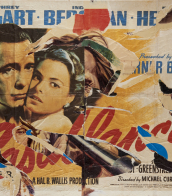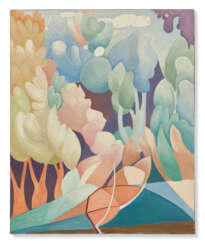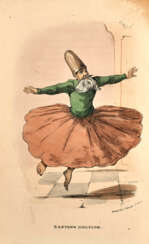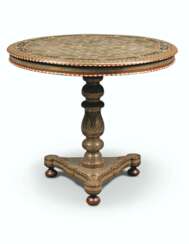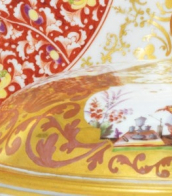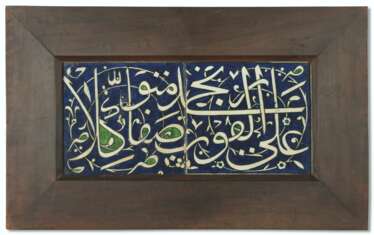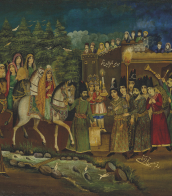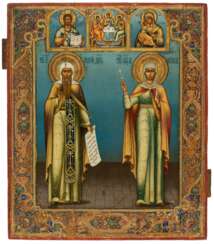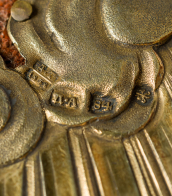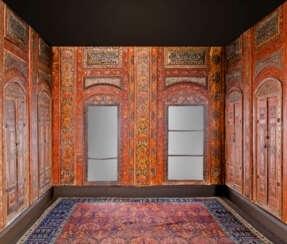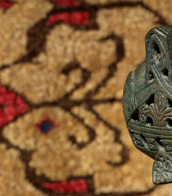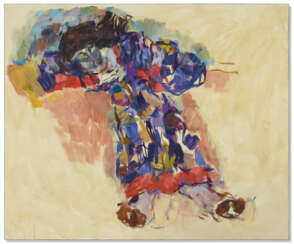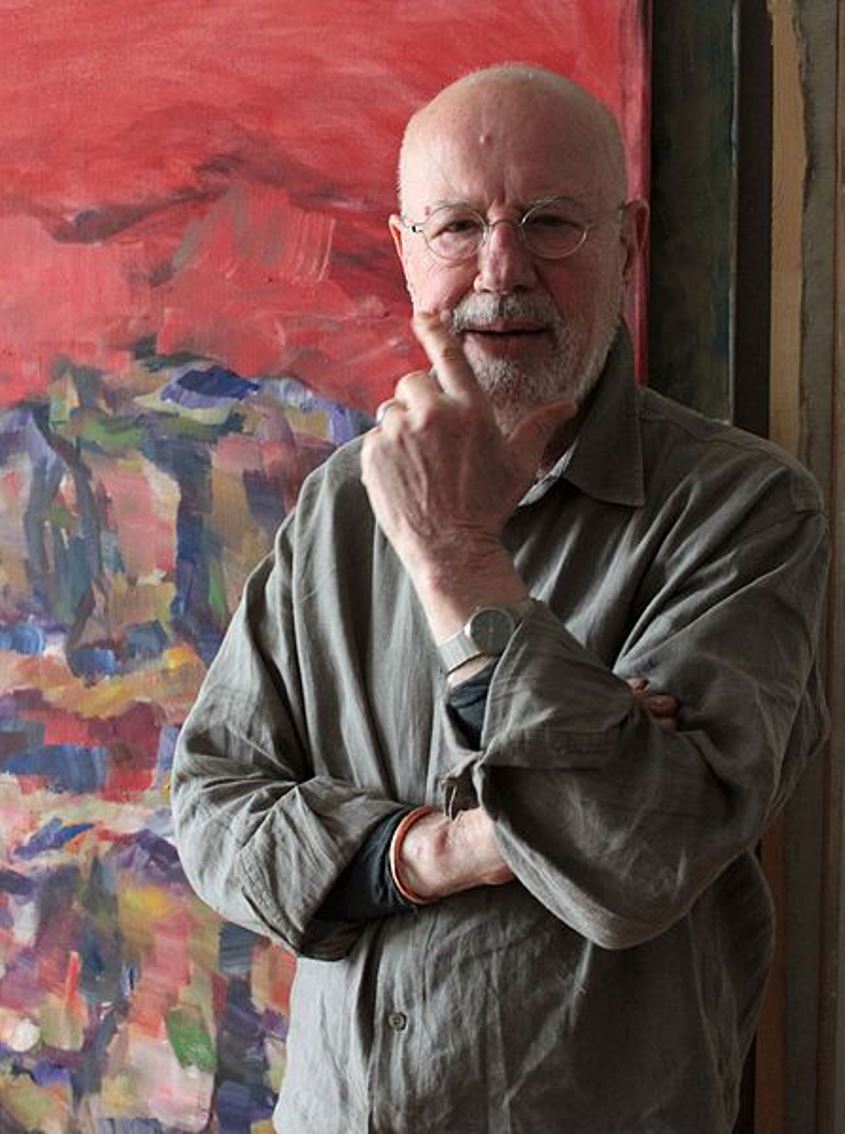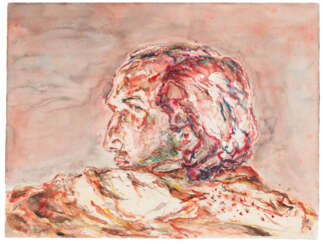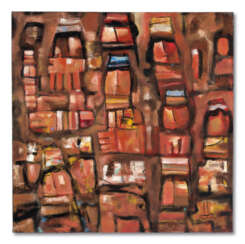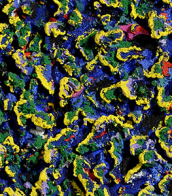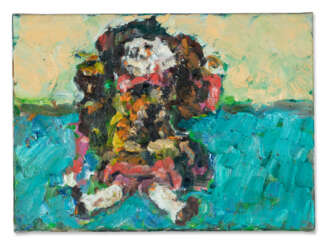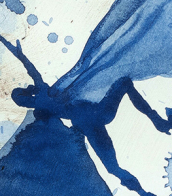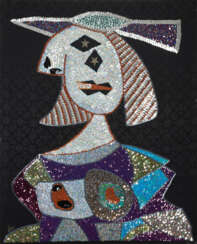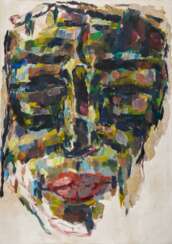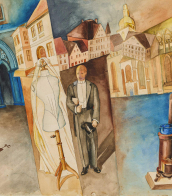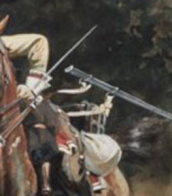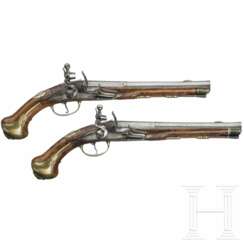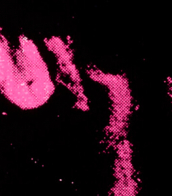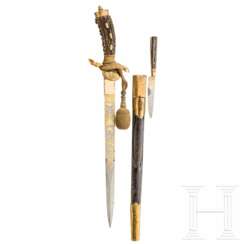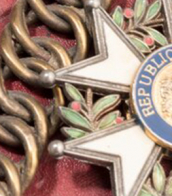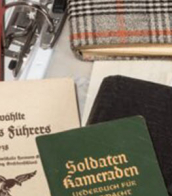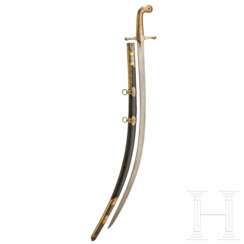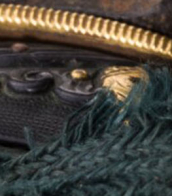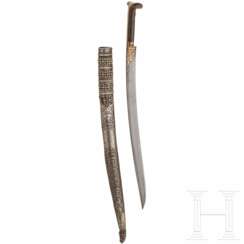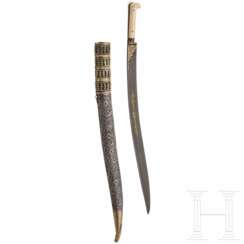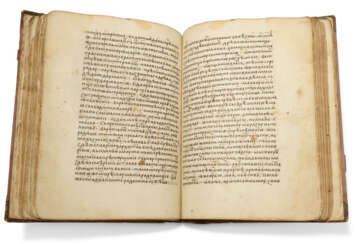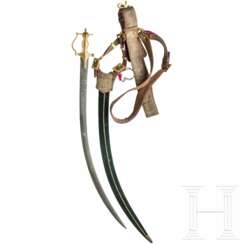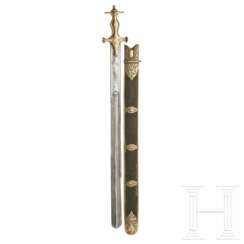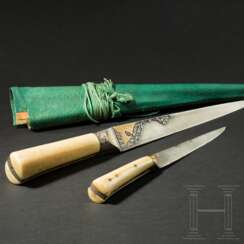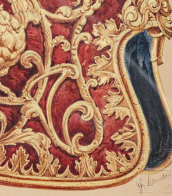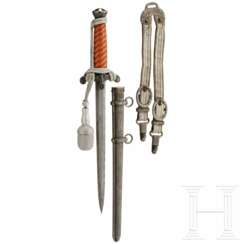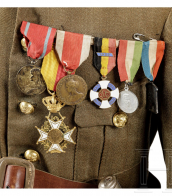damascus
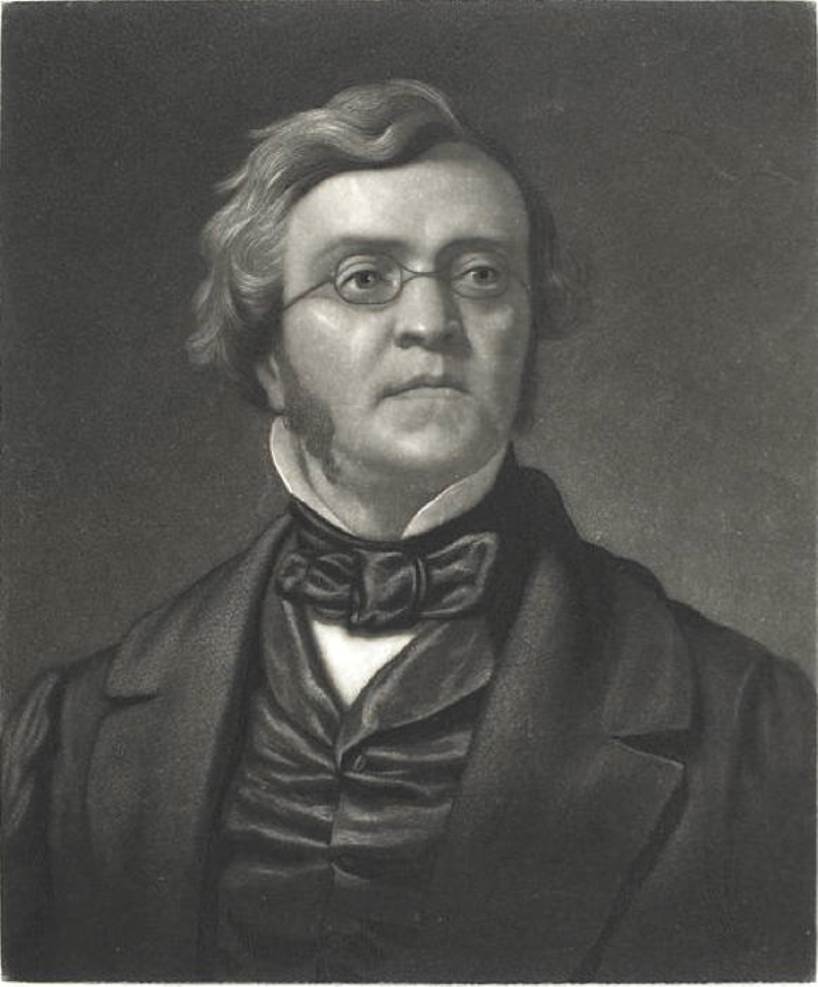
William Makepeace Thackeray was a British writer of satire and a master of the realist novel.
William was born in Calcutta, and after the death of his father, an administrator for the East India Company, he was sent to England at the age of five. He attended Trinity College, Cambridge, studying law and painting, then traveled with adventure, socializing, and gambling, earning a living as a journalist and illustrator.
It was not until the serial publication of his novel Vanity Fair in 1847-1848 that Thackeray gained fame and success, and from then on he became a recognized writer in Britain.
William Thackeray then lectured in the United States, which were published in the collections The English Humorists of the Eighteenth Century (1853) and The Four Georges (1860). After 1856 he settled in London, ran unsuccessfully for Parliament the following year, and in 1860 founded the Cornhill Magazine, becoming its editor.
Thackeray's other well-known works are The Story of Henry Esmond, Esquire (1852), The Virginians (1857-1859), The Widower's Trap (1860), and The Adventures of Philip (1861-62). He also wrote exquisite secular poetry, ballads, and parodies. Thackeray was considered by his contemporaries to be Dickens's only possible rival. His works are filled with wit, humor, satire and pathos. In creating them Thackeray relied on his own experience. "Vanity Fair" is still his most interesting and readable work, maintaining its place among the great historical novels in the English language.

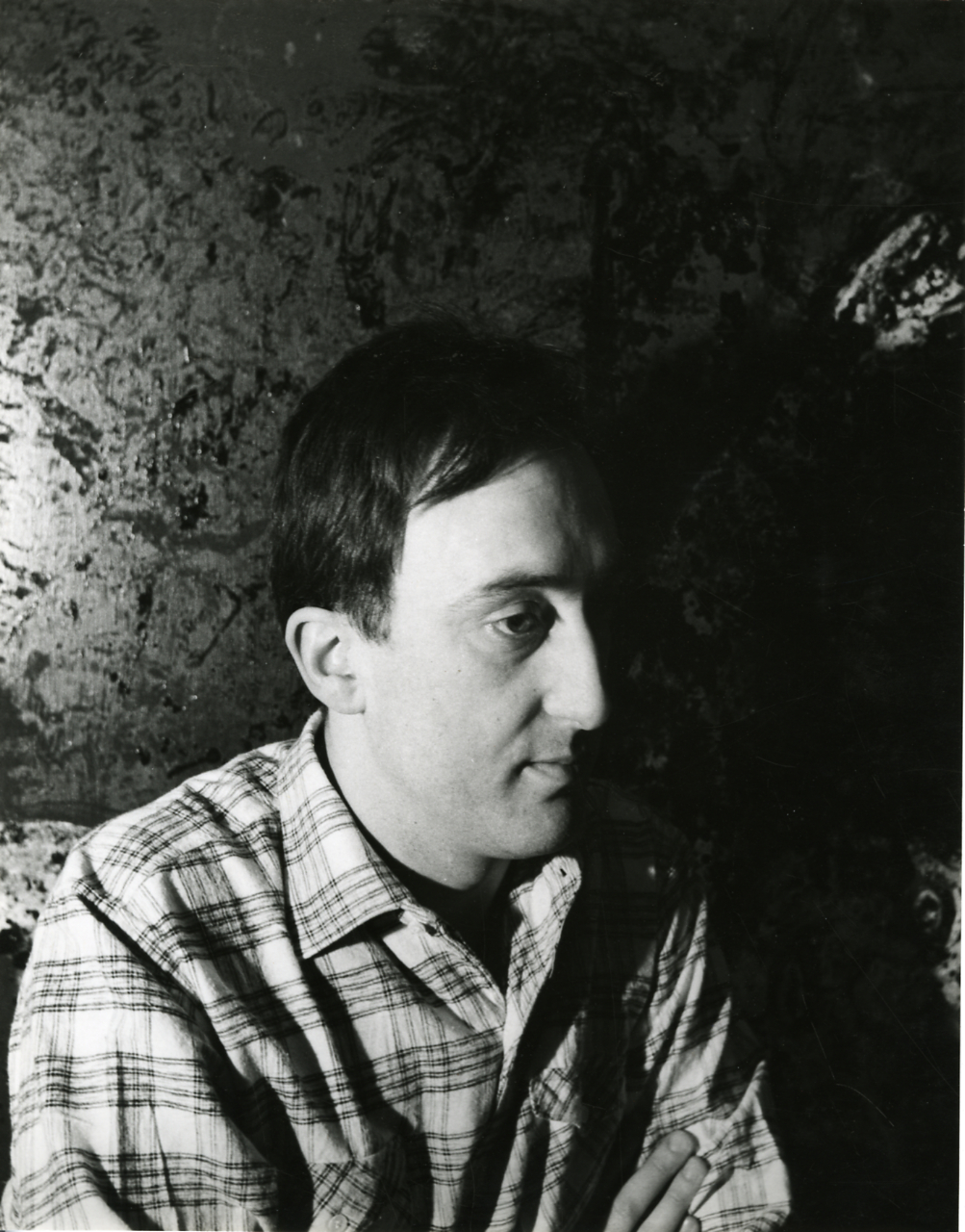
Enrico Bai was an Italian sculptor, painter, art theorist and anarchist.
